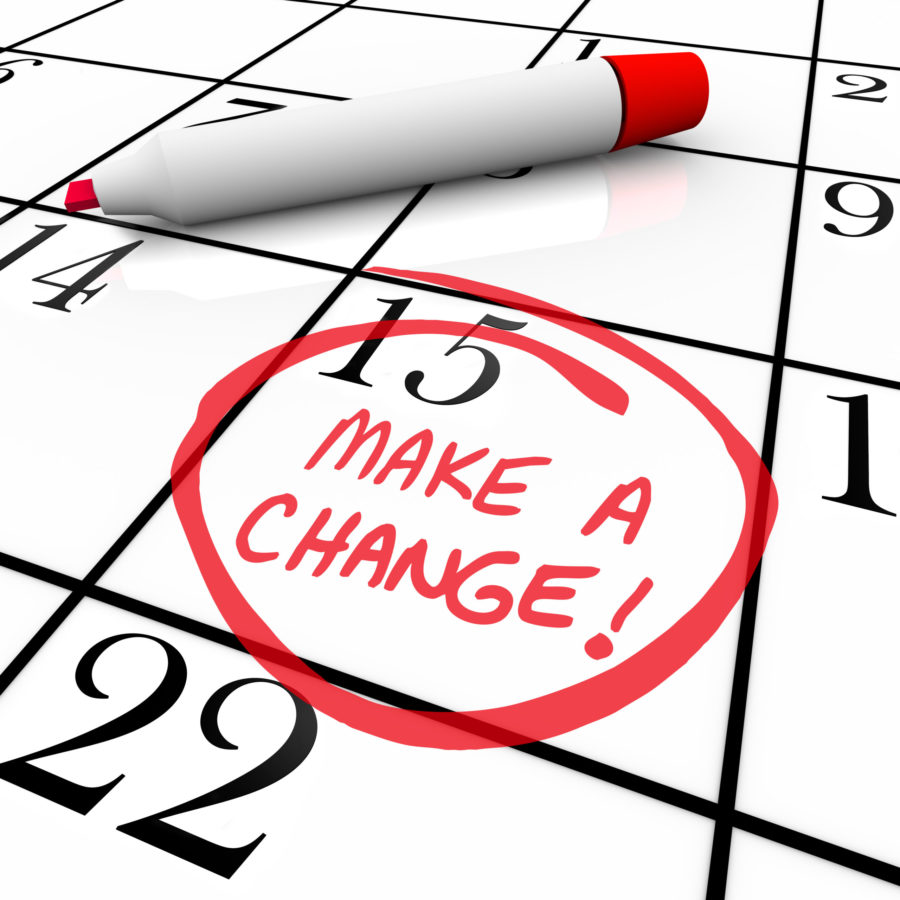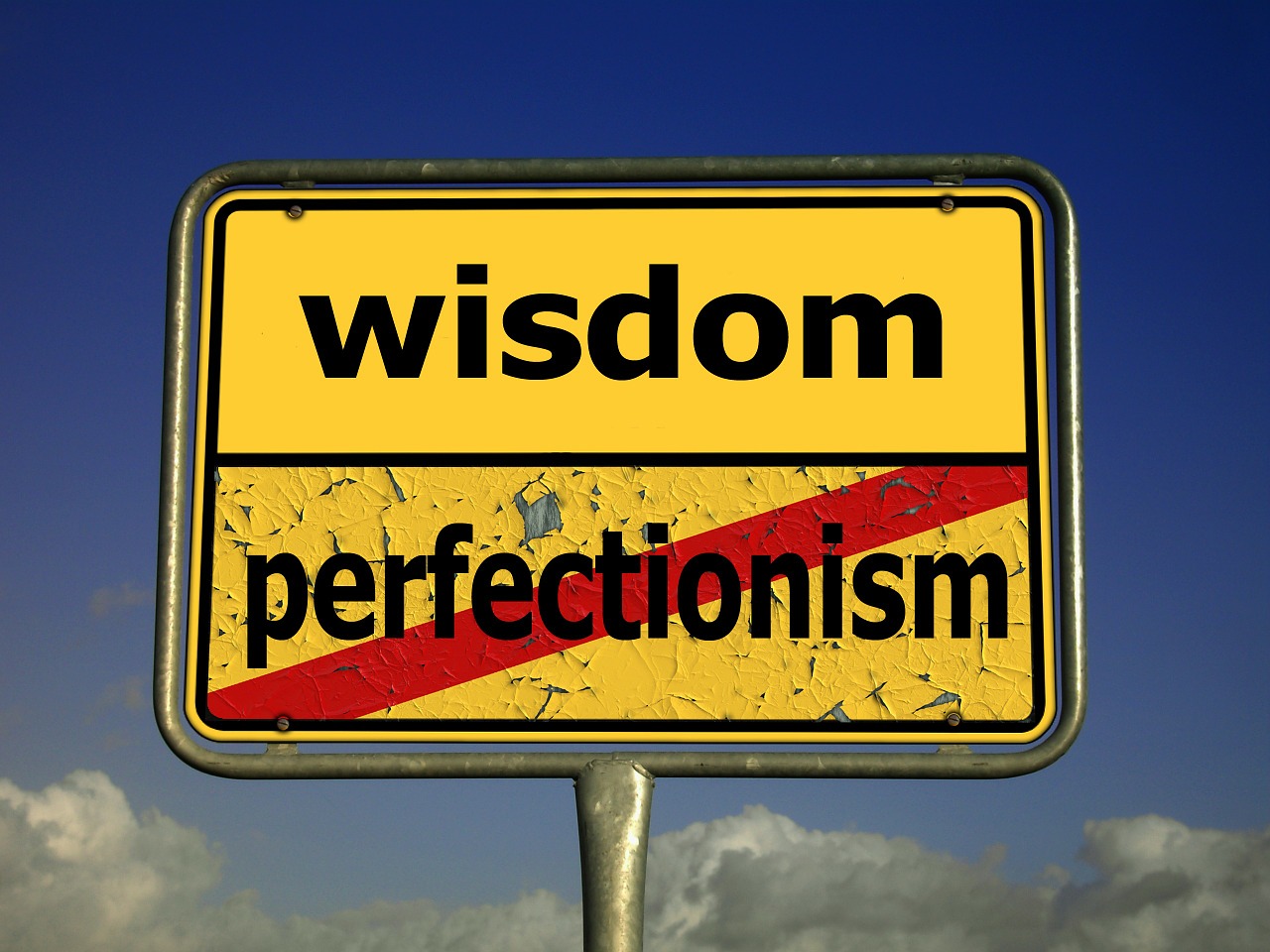
Orlando, St. Paul, Baton Rouge, Dallas (where I live), Nice (France). After a string of recent tragedies, I, like so many people, have been grappling with feelings of shock, outrage, sadness, and confusion. I come to you today not with any answers or direct commentary, but with a request. My request involves a call to action but it may sound different than other calls to actions you’ve been hearing recently. Here it is: for your own wellbeing and the greater good of humankind, I would like to ask that you engage in the lifelong practice of responding wisely rather than reacting impulsively. To help you honor this commitment, I would like to ask you to meditate.

Here’s the basis for my request. When we experience intense negative emotions, we literally lose our minds. Brain imaging research has revealed that when we are emotionally triggered, the prefrontal cortex area of our brain goes partially offline. Fascinating! The prefrontal cortex is responsible forthings like planning, concentration, coordinating complex reactions and behaviors, integrating emotions with other information like reasoning and memory, and impulse control. Well, huh. If those functions go offline when we are emotionally triggered, it seems as though we are more likely to become a big hot emotional mess. Yes, but that’s not always a bad thing. We need our emotions. In fact, we are hard-wired for them so it’s folly to try to ignore them. Our emotions can carry important information. For example, in the midst of a life-threatening crisis, our intense emotions can give us information vital for survival. But what about all of the information that arises when we are emotionally triggered in a situation that is not immediately life-threatening? Think about how you felt upon learning of all of the recent tragic deaths in our country. Those emotions carry important information that may offer helpful guides to us in figuring out how to grieve and make meaning. What we do with that information in the moment, though, is where we might get ourselves into trouble by reacting when we’ve lost our minds. Think for a moment about yourself and your life: how likely are you to make wise, informed decisions when the rational, integrative part of your brain is not accessible? For most of us, the answer is clear. In the heat of intense emotional reactions, we are more likely to make impulsive choices that we may later regret when the rest of our brain comes back online. Our emotions can play an important role in decision-making but we do best when we allow our own emotions to be integrated with our brain’s other functions, like logic, planning, understanding consequences, and reasoning. When we allow time for the rest of these functions to integrate with our emotions and inform our choices, we are giving ourselves the chance to respond with wisdom, dignity, and poise.
How can we work on the practice of responding wisely? An important start is recognizing the difference between reacting and responding. This awareness can be a strong motivator for change. After awareness develops, one of the most powerful tools available to boost our ability to respond to life’s ups and downs with wisdom and poise is meditation. Yes, meditation. The scientific research suggests, quite strongly, that meditation builds new connections between the prefrontal cortex (the thinking part of our brain) and other parts of the brain responsible for self-regulation and emotional regulation. That’s pretty neat, right? As a psychologist, I notice that as people commit to an ongoing practice of mindfulness and meditation, they are able to regulate intense emotional reactions more effectively, thereby giving themselves the chance to respond differently than they may have in the past.
I practice what I preach and meditate twice a day. I feel confident that it not only makes me more comfortable living in my own skin, but also makes me more effective, wise, compassionate, and graceful in my engagement with the world around me. After the heartbreak of the tragic shooting in Dallas late last week, I chose to attend a community meditation at the Crow Collection of Art in downtown Dallas this past weekend as a way to connect with my community, honor the grieving we need to do, and celebrate the remarkable resilience of humankind. The meditation was led beautifully by a fellow psychologist and mindfulness teacher, Dr. Michael LaValle, who happens to office just a few doors down from me. In fact, he was part of the inspiration for my blog this week. At one point in the hour-long gathering, Dr. LaValle encouraged us to engage in Tonglen meditation, a powerful practice that can be very helpful when confronting a situation or experience that leaves us feeling helpless or lost, such as the seemingly senseless violence and suffering in our world. I am a big fan of Tonglen meditation and even blogged about it a few weeks ago, which you can check out here. Dr. LaValle read a poem that, for me, elegantly captured the practice of Tonglen meditation. He was kind enough to share it with me and I offer it to you here. Judyth Hill, the author, wrote this poem after 9/11.
Wage Peace by Judyth Hall
Wage peace with your breath.
Breathe in firemen and rubble, breathe out whole buildings and flocks of red wing blackbirds.
Breathe in terrorists and breathe out sleeping children and freshly mown fields.
Breathe in confusion and breathe out maple trees.
Breathe in the fallen and breathe out lifelong friendships intact.
Wage peace with your listening: hearing sirens, pray loud.
Remember your tools: flower seeds, clothes pins, clean rivers.
Make soup.
Play music, learn the word for thank you in three languages.
Learn to knit, and make a hat.
Think of chaos as dancing raspberries,
Imagine grief as the outbreath of beauty or the gesture of fish.
Swim for the other side.
Wage peace.
Never has the world seemed so fresh and precious.
Have a cup of tea and rejoice.
Act as if armistice has already arrived.
Don’t wait another minute.
There may be some people reading this and thinking my choice to meditate in community was a bit “ woo-woo” or new-age-y. I get that. I was raised by two research scientists so even though I’ve been meditating for several years now, it still feels a little “woo-woo” to me. I choose to lean right in to the “woo woo” feelings and meditate anyway for two reasons: 1) the science is there, and 2) the beneficial results in my life are very noticeable. There may also be some people reading this who wonder if meditating is consistent with their spiritual tradition. I’m not a theologian or ordained clergy so please take my opinion with a few grains of salt but my answer to that question is yes. Every major spiritual tradition with which I am familiar has room for meditation. The practice of meditation can be as secular or as spiritual as you need. It can involve listening to a guided mediation, sitting quietly in contemplative prayer, chanting a mantra that represents something meaningful within your belief system, reciting the Rosary, walking a Labyrinth, calmly observing your breath, or mindfully attending to the view from your window.

In the community meditation this weekend, Dr. LaValle reminded me that Dr. Jon Kabat-Zinn* refers to meditation as a radical act of love. I agree wholeheartedly, and would add my belief that meditation is indeed a radical way to practice responding wisely rather than acting impulsively. In a very real way, meditation can be a powerful tool to help us avoid losing our minds. Regular meditation practice can help us pause before posting that inflammatory comment on social media, it can help us pause before ripping into someone who has made an insensitive remark, it can help us pause before medicating our upset with violence, addiction, or hate. It can help us pause to allow wisdom, reason, and good judgment to integrate with our strong emotions, showing us a different path forward. Meditate for yourself, meditate for your brain, meditate for your family, meditate for your community, meditate for your higher power, meditate for the world. Try one of my guided meditations here, try one of the many meditation apps available, try attending a meditation class, try focusing on all of the sensations of your breath, try to feel each footfall as you walk down the hall to get your morning coffee. Meditate in your kitchen, meditate in a park, meditate in your place of worship, meditate at work. Meditate, please, in any way that works for you.
May you be safe, may you feel love, may you know wellbeing,
Dr. Jen
*Who is Jon Kabat-Zinn, by the way? He is like a rock star in the field of psychology and health, arguably one of the most important people in researching and teaching the science and benefits of modern-day mindfulness. If you haven’t sampled any of his work, I highly recommend that you do and offer a link to one of his brief articles, “Take a Stand In Your Life By Sitting Down to Meditate.”



